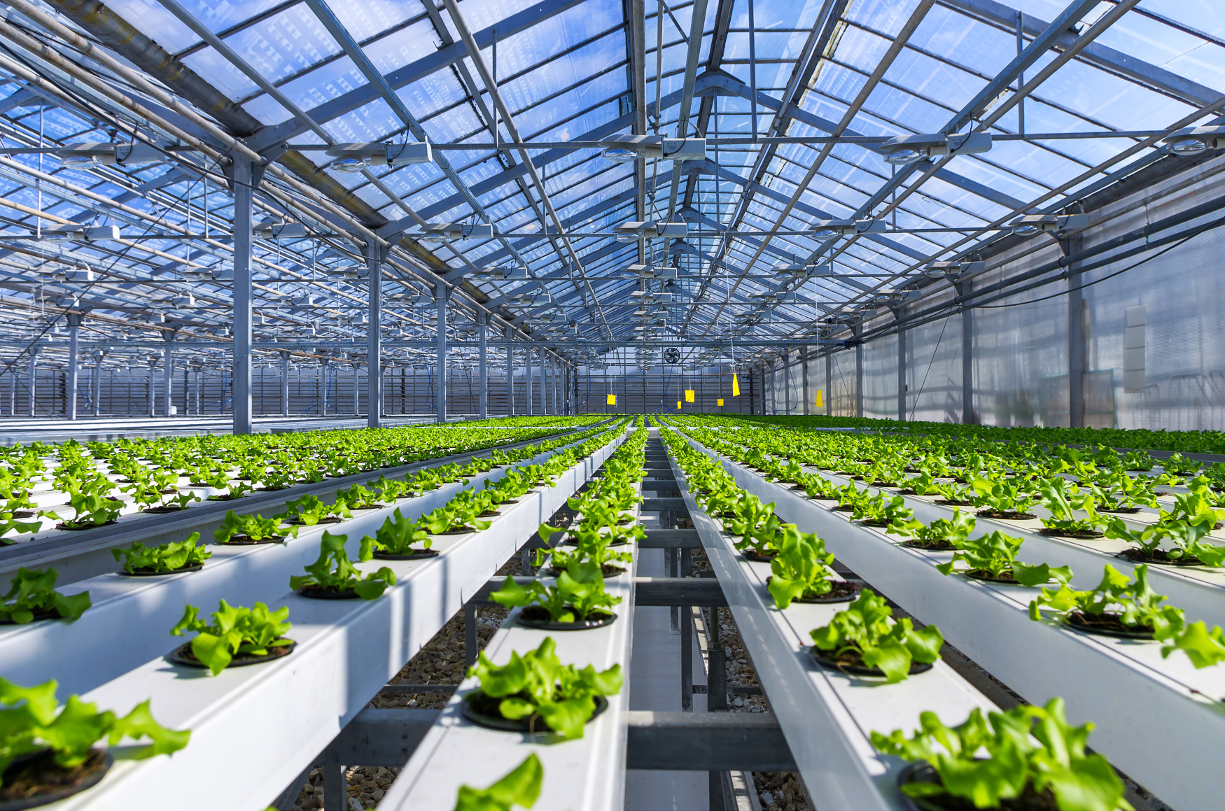Eat Your Heart Out
A demand for sustainability and transparency, the rise of the dark kitchen and globe-trotting chefs will drive dining trends in 2020, with eco-initiatives and zero-waste goals leading the charge.
by Hugo Campbell-Davys
The trend for vegetable-centric, plant-based dining continues to grow apace, with more and more restaurants innovating to satisfy a growing requirement, alongside new specialist plant-based hotspots gaining serious followings, even from non-vegans. The shift towards plant-based eating has been largely fuelled by our concerns regarding animal welfare, personal wellbeing and the positive health benefits associated with it. Expect a much more (eco-) conscious interest in menus with more emphasis on food traceability (even with vegetables), aspects of sustainability and elements to attract the health-conscious (and sober) millennial audience.
With the recent opening of Doug McMaster’s acclaimed zero-waste restaurant Silo in London and the hip Silo-influenced Rhodora in Brooklyn – the first truly zero-waste restaurant in New York and possibly in all of America – expect many more restaurants to clean up their act and become more sustainability minded. From pioneers such as Doug and Spring’s Skye Gyngell (whose restaurant is becoming London’s first to go plastic-free) to high-street chains adopting plastic free initiatives to attract increasingly environmentally conscious consumers who are now counting sustainability as a key part of eating out. Expect more London restaurants to react by adopting renewable approaches to gastronomy, whether that’s supporting initiatives such as the Felix Project, developing innovative menus that utilise produce that would otherwise be wasted, or even developing an entire off-shoot zero-waste restaurant serving leftover produce, such as Adam Handling’s Ugly Butterfly.
There are also new efforts channelling the renewed global interest in hydroponics (urban farming) and bringing this beneficial technology and ethos to new urban markets – from large-scale ventures to more local produce farming endeavours. Hydroponics has long proven to have essential advantages over the traditional soil method of growing – in practical terms as well as offering other vital holistic, health and community benefits. Crate to Plate is one such business – an independent, London-based urban farming conduit harnessing the latest state-of-the-art hydroponics technology and eco-friendly innovation to grow fresh, local produce (which is chemical and pesticide free) and help contribute to a more sustainable future. This ‘farm-to-fork’, ‘plant-to-plate’ concept uses purpose-built and location-flexible steel containers that are proven incubators of the highest food standards. These not only secure a supply chain of locally sourced fresh leafy greens, but significantly reduce our environmental footprint and address critical issues relating to food insecurity and shortage.

And with hydroponic containers being planted on rooftops, other prefabricated structures can also now be found – tucked away in car parks or on industrial estates. These ‘Dark Kitchens’, exist purely to cooking food to go elsewhere! Created by the increasing consumer demand for food delivery through apps such as Uber Eats, Door Dash and Deliveroo and designed for restaurants that want to expand their businesses without opening expensive premises. These satellite or ‘virtual’ kitchens are kitted out with industrial kitchen equipment and teams of kitchen staff preparing food to be delivered locally. Already changing the face of the traditional restaurant sector, these ‘virtual restaurants’ in their less then salubrious surroundings with no dining room – have made recent headlines as Uber co-founder Travis Kalanick’s new Dark Kitchen start-up reportedly raised $400 million so expect even more delivery-only ‘restaurants’.
And despite Brexit still dominating our lives, London continues to attract some of the best international restaurateurs and culinary leaders, making it one of the world’s most interesting and dynamic places to dine out. Next year sees the long-awaited opening of Hôtel Costes in Chelsea, the also delayed Caviar Kaspia, the hugely exciting opening of Louie by Paris Society – known for creating the trendiest and most stylish addresses all over the French capital such as Loulou, Le Piaf and Girafe. Then there are rumours of a new outpost of the Akelarre, the world-famous three-Michelin-starred Basque restaurant, as well as the much-anticipated opening of Kol by Santiago Lastra, the celebrated chef who was behind Rene Redzepi’s Noma pop-up in Tulum.
Taste travellers will also have plenty to rejoice as well
next year, as iconic urban outposts go global, bringing their devoted disciples
with them. London restaurateurs are
leading the charge overseas, with several notable openings. Among the most
interesting (if rather unexpected) ventures is one of London’s most revered
dining institutions, St John, (famous for its expert handling of offal and bone
marrow) heading deep into the heart of Hollywood with its first international
outpost in Los Angeles’s Culver City. Next year also sees La Petite Maison
opening in Los Angeles and a Sexy Fish landing in Miami, a city currently
undergoing one of the most exciting dining transformations around. Back in
Europe, Paris’s dining scene constantly evolves and 2020 sees new openings by
some of France’s most revered and highly rated chefs including
multi-Michelin-starred Michel Bras and Thierry Marx, who takes over the stoves
at the Eiffel Tower’s brasserie.
Hugo Campbell-Davys is the founder of
Urbanologie, a luxury lifestyle app for high-net-worth jetsetters. A former
nightclub promoter and PR agent, he’s built a business out of working the room
and keeping his finger firmly on the pulse of London’s party scene

